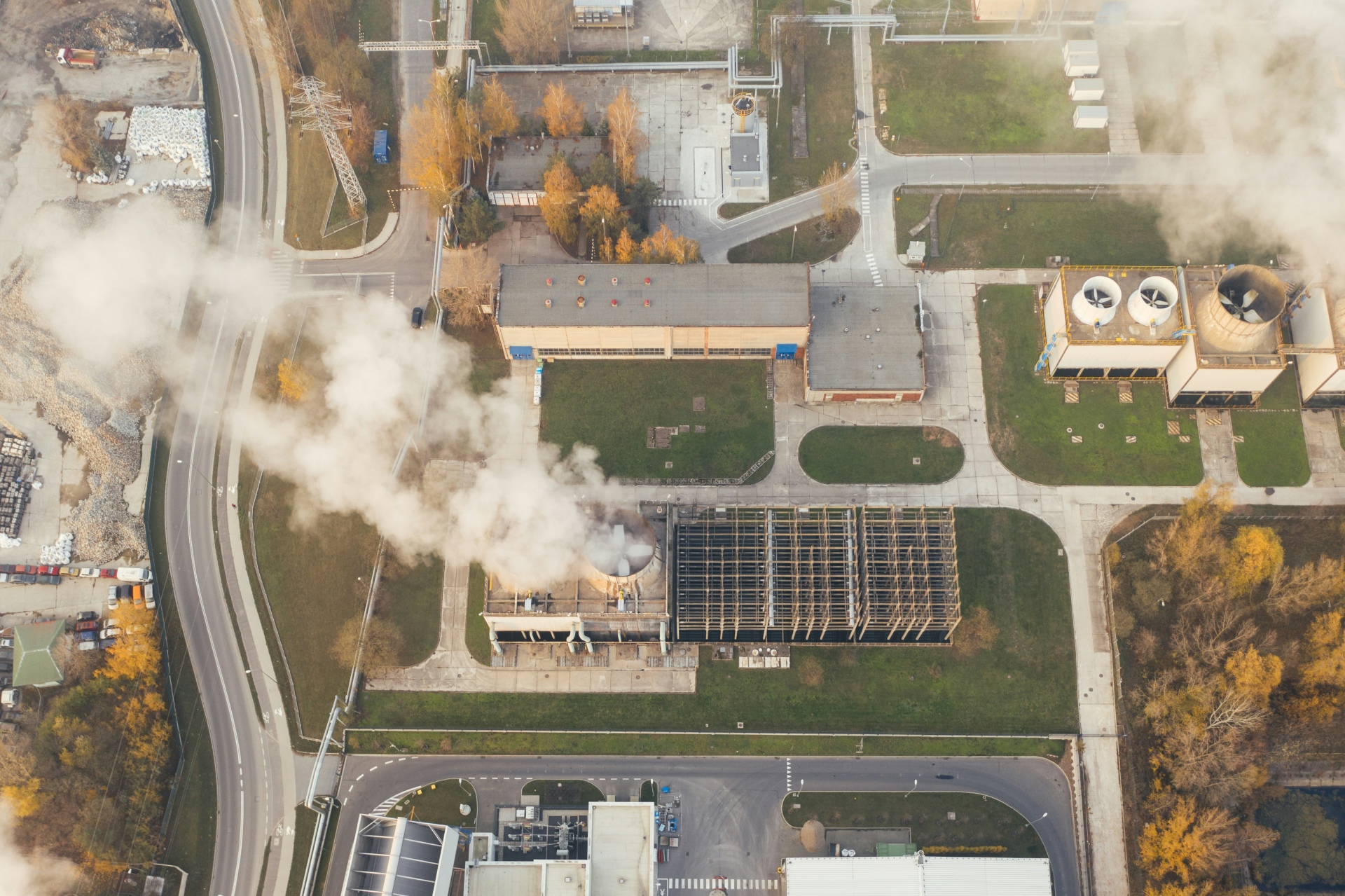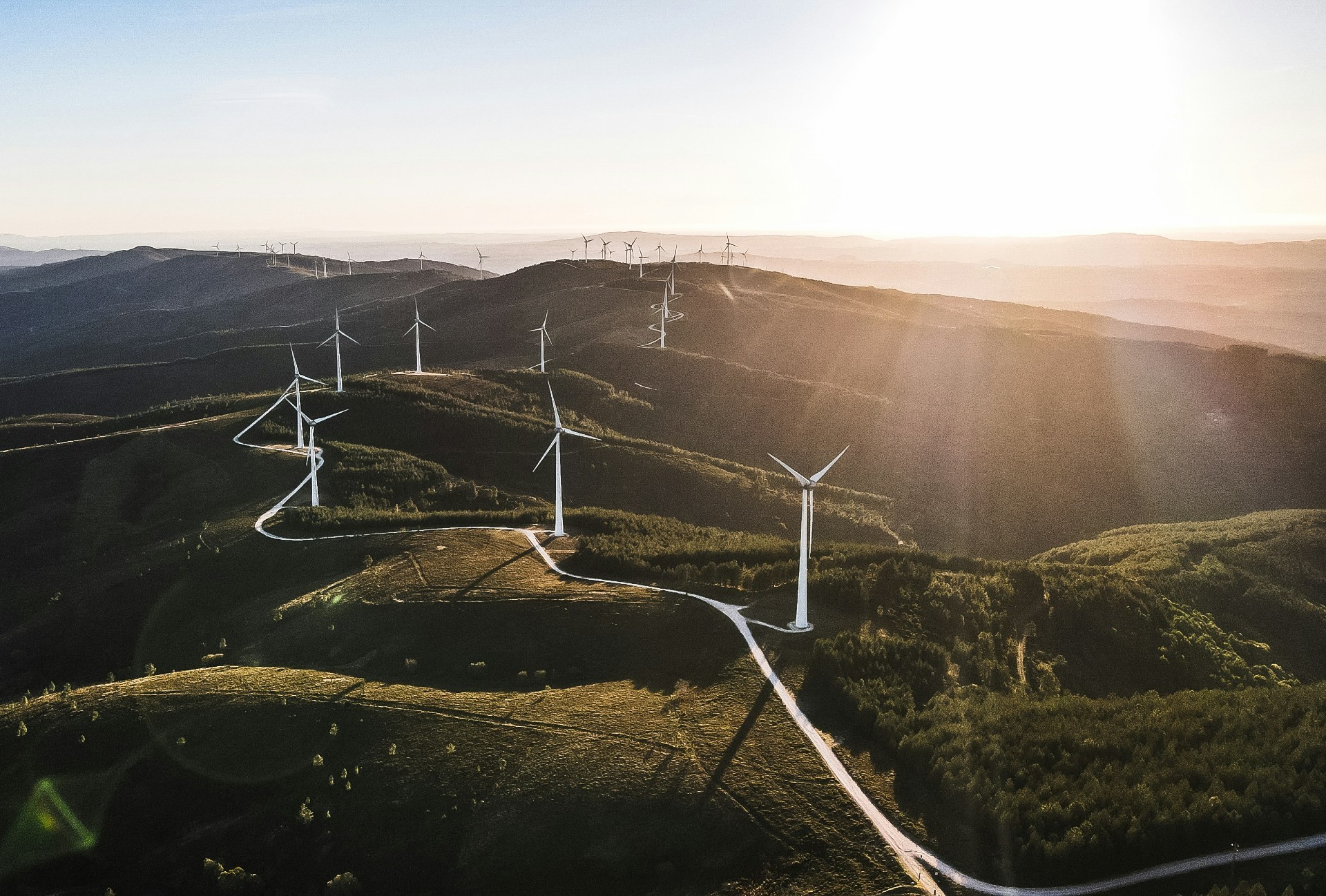News
Consortium aims to kickstart large-scale carbon removal

Experts will gather in Exeter next week to help kickstart a “new carbon economy”. The New Carbon Economy Consortium (NCEC) will hold its annual meeting at the University of Exeter from Sunday 29 June to Tuesday 1 July.
The consortium brings together universities, national labs and NGOs, working in partnership with industry leaders.
It aims to bring about a “prosperous, growing economy that captures and stores more carbon than it emits”.
While reducing global greenhouse gas emissions is essential for addressing the climate crisis, carbon capture and storage will be necessary to tackle past emissions.
“Emerging innovative technologies and land management practices hold the potential to transform carbon in the atmosphere into a valuable, productive resource,” said Klaus Lackner, the theoretical physicist known as the “father of direct air capture”, founding director of the Center for Negative Carbon Emissions and professor at Arizona State University (ASU).
“Our vision is to shift away from our history of extraction and degradation towards a future where we harness our lands to boost crop yields and soil health and transform carbon emissions into better chemicals and building materials.
“Under this revolutionary paradigm, new and reimagined industries can provide jobs, economic opportunity and prosperity, while mitigating climate change and supporting other important environmental goals.”
The consortium’s vision is based on:
- Engineered solutions – technologies and systems that capture, convert and store CO₂ from the air and oceans, converting it into valuable products such as concrete or fuels, or accelerating mineralisation for storage.
- Biological solutions including ecosystem restoration, improved forestry and agricultural practices, improving soil health, and cultivating and converting algae into valuable products such as fertiliser and animal feed.
- Hybrid Solutions such as bioenergy with carbon capture, biochar production, waste to energy systems, and carbon cultivating aquaculture.
NCEC co-chair Amanda Ellis, former Ambassador to the United Nations for New Zealand, said: “This gathering, co-hosted with the University of Exeter, is really unique in that we are bringing together scientists, industry experts, financiers and policymakers from a broad range of countries – from Australia to Panama to Uganda – to really advance the entire ecosystem for a new carbon economy.”
Professor Martin Siegert, Exeter’s Deputy Vice-Chancellor (Cornwall), said: “With our community of leading climate and environmental experts, we are well positioned to understand how responsible approaches to carbon dioxide removal might impact our climate systems.
“We can also investigate the complex social, ethical, economic and policy, and governance implications of such approaches.”
The University of Exeter is working on a variety of climate solutions, including carbon-removal projects and its Green Futures Solutions initiative. These include SeaCURE, which is developing technology that removes carbon dioxide from seawater, and CASPER, which investigates what happens in soil to encourage carbon storage and how long carbon will stay there once it’s stored.
The NCEC annual meeting is being held as the University of Exeter hosts the Exeter Climate Forum – a major gathering of scientists, policymakers and businesses to discuss the climate emergency, and action to address it.
Related
Exeter Innovation
We are the trusted partner in transformative innovation, empowering organisations across the globe to make ecologically responsible decisions – for today and for future generations.








